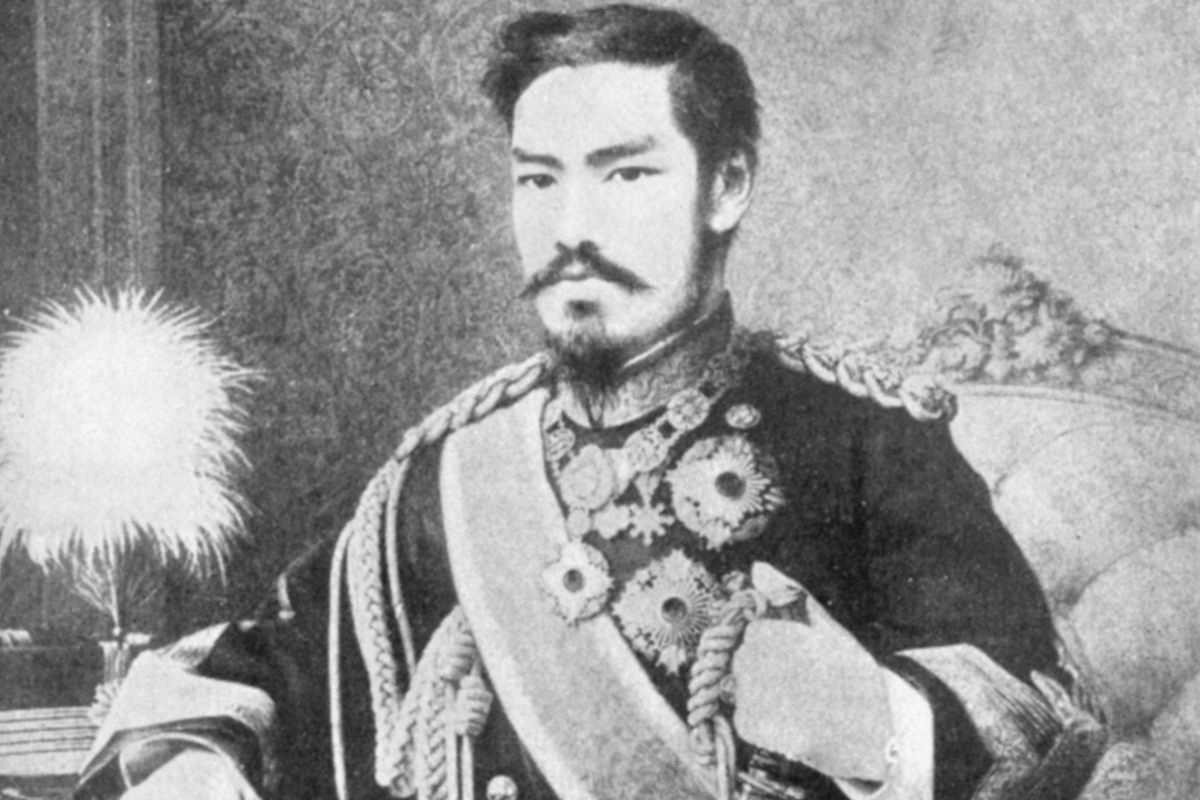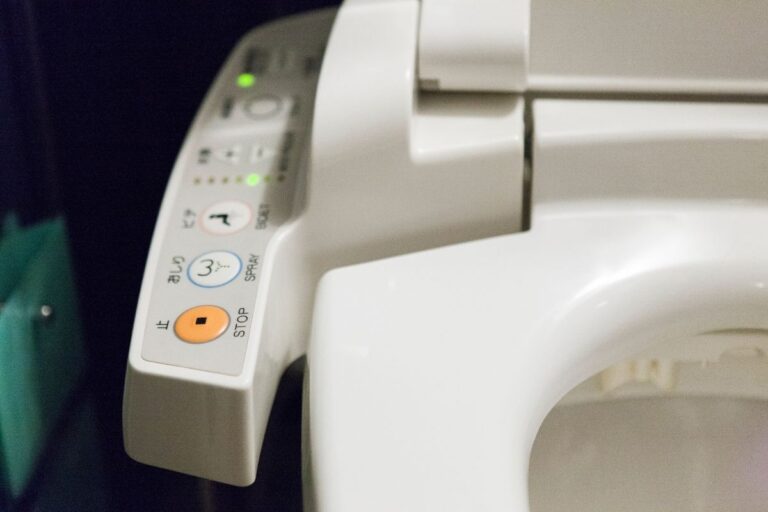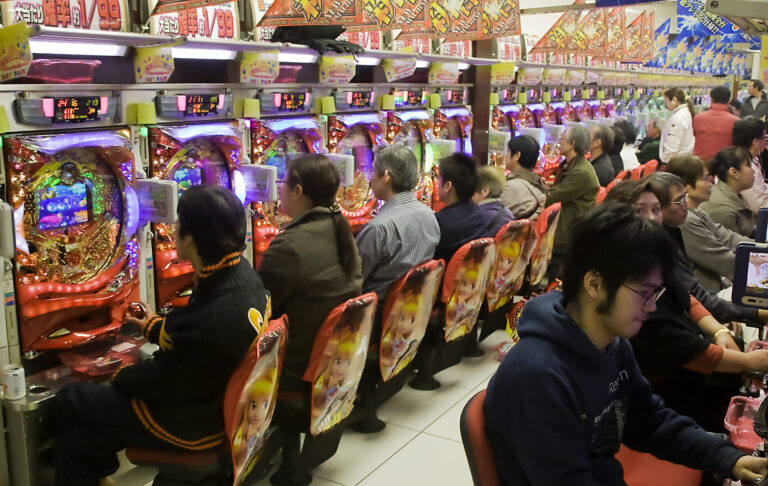Japan is currently the only nation in the world in which a monarch is addressed with the title of “Emperor.” The Japanese Imperial Family is also the oldest remaining monarchy with a single continuing bloodline. The Yamato Dynasty, the name for this family’s reign, is believed to have begun in 660 BCE with the ascension of Emperor Jimmu. Today, the 125th emperor in the line, Emperor Akihito, is the monarch of the country.
Emperors in Japan have enjoyed varying levels of involvement in the government and political actions of the country over the course of the Yamato Dynasty, perhaps most famously losing direct control over the country during the many on- and off-decades of military rule (called Shogunates) beginning in the 12th century and ending in the 18th century.
In much more recent memory, the current emperor’s father, Emperor Hirohito, ruled during World War II and helped rally the country’s support for its then imperialistic crusades. Emperor Hirohito quite famously got off without any punishment from the world community for his involvement in World War II, as this was one of the sole terms of surrender upon which the Japanese government insisted at their defeat. However, upon American insistence post-World War II, the Imperial Family has been uninvolved with political matters since.
Why was Emperor Hirohito’s position so sacred that he escaped punishment for any of his actions? The debate over his level of knowledge and direct involvement in the military proceedings aside, the Japanese government believed that keeping the Imperial Family intact was essential to the nation’s morale. The Imperial Family is said to be direct descendants of the Japanese goddess Amaterasu, who, according to the Shinto religion, created and founded the nation of Japan.
The Emperor is a symbol of Japanese unity and of the country as a whole. He also serves as the head of the Shinto religion due to his deity blood. Effectively, he is a ceremonial figurehead as the nation of Japan is a democracy and he does not interfere with political matters.
However, the Emperor impacts many aspects of Japanese culture, such as the calendar system. While Japan does use the Christian Gregorian method of counting years (in other words, that this year is 2010 AD/CE), this was adopted only after the opening of the country to the West in the 19th century. The earlier system, which is used interchangeably with the Gregorian calendar today, was based on the ruling years of each emperor. Emperor Akihito began his rule in 1989 after the death of his father, so according to this system, 2010 is called Heisei 22, “Heisei” being the name of his rule. The current emperor’s birthday also becomes a national holiday. During Emperor Akihito’s reign, it’s December 23rd.
However, while the Imperial Family is more of a cultural tradition than a series of rulers, there is one aspect of the Imperial Family that draws some controversy in Japan. The line of succession is purely patriarchal and there has never been an exception. The line is passed from father to oldest son, and if there are no sons, the line passes to the oldest brother, nephew or male cousin. The current Crown Prince of Japan, Emperor Akihito’s oldest son Crown Prince Naruhito, only has a daughter and his wife, Crown Princess Masako, has allegedly become stressed and disillusioned with the family after the pressure to continue trying for a son.
Do you think it’s important for the Japanese to preserve this ancient tradition, even if the Imperial Family has no political power? Do you believe that it’s time for the Imperial Family to recognize an empress if the eldest child is a daughter?
No related posts.
Tags: emperor, imperial family, japan, japanese culture, japanese customs, japanese history, shinto, yamato dynasty




